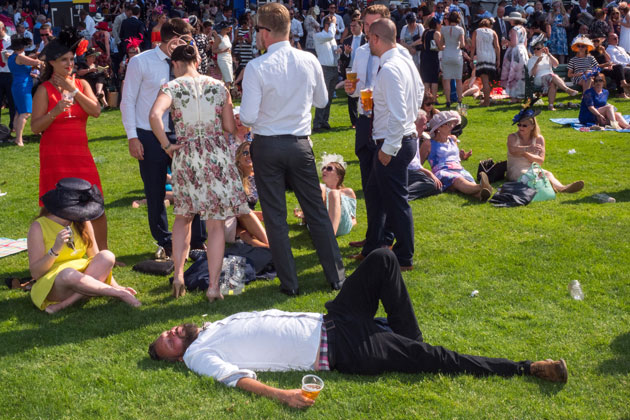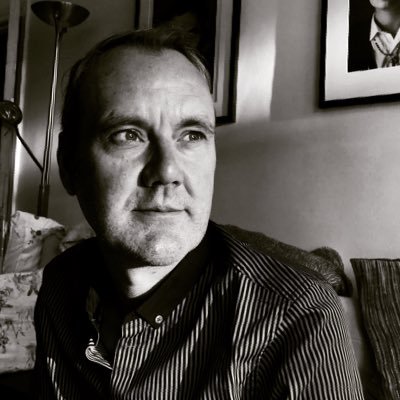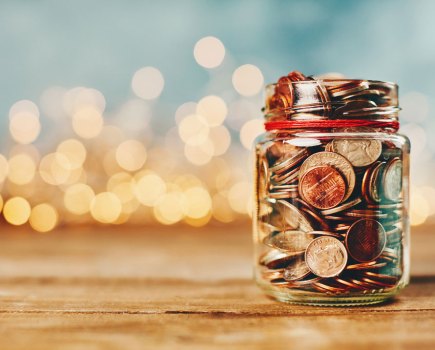I was recently on a press trip to a prestigious horse-racing event on a minibus with 22 others. I was the second oldest. Two of the younger vibrant attendees whirled over. ‘Who are you working for?’ they asked. I’m glad they asked as I was working for The Sunday Times Magazine. I told them proudly. They both tilted their heads. ‘Aah. In print’. They said it with sympathetic looks. ‘And who are you?’ I asked. ‘I’m Leather Lobster and of course, this, is Style Biscuit’. Of course it was. ‘We are journalists and influencers and vloggers’, said one as they wafted away.
After the horses had run the last race, I checked on the efforts of Lobster and Style Biscuit. They seem to have spent most of the day in the hospitality box making saccharine social media posts of the sponsor’s products. It wasn’t journalism. It wasn’t what I observed down among the race-going public, the sniffer dogs, discarded condoms, life, love, laughter, food and the odd fight.
As I was leaving another seasonal sporting event, the PR asked to see the photographs I’d taken in the VIP marquee. ‘I can’t do that,’ I said. ‘I haven’t seen them yet and after I’ve seen them, the client will be the next to see them, then I can let you have a look,’ I added politely. The PR explained that a photographer from the previous year had taken a less-than-flattering photograph of a minor royal and was now excluded from all of their events.
In 2015, Aintree tried to ban pictures to preserve their visitors’ dignity. Photographers at the world’s greatest steeplechase meeting were warned they would have their accreditation revoked if they took pictures of badly dressed punters. This year, the Liverpool Echo published an open letter slating the Daily Mail and Mail Online’s ‘sneering’ headlines and ‘unflattering’ photos of racegoers.
Event organisers are increasingly advising what kind of photographs should be taken. Photographers are having to provide previously published tear-sheets for review. News outlets are under pressure not to publish unfavourable photographs. Some photo agencies have stopped commissioning photographers to cover the social aspect at events. The world of opportunities is widening for the likes of Lobster and Biscuit.
One of the best photography books on my shelf is Cardiff After Dark by Maciej Dakowicz. The reportage was screened at the prestigious Visa pour l’image festival of photojournalism in Perpignan, France. The crown applauded the raw and honest documentary photography. A British tabloid reported that the French whooped in derision at the images of the boozy Brits and requested to publish a selection of images. Maciej asked my advice. I advised the images were great and would remain so for a long time. Publish them and let the public decide.
The window on the world is narrowing. Photographers shouldn’t stop taking truthful photographs of what they witness. They may not be seen immediately but one day, I hope, they will form an important archive of our time.


 Peter Dench is a photographer, videographer, presenter, writer, author and curator. He is the recipient of a World Press Photo award and has published several books. To see his work, visit
Peter Dench is a photographer, videographer, presenter, writer, author and curator. He is the recipient of a World Press Photo award and has published several books. To see his work, visit 




